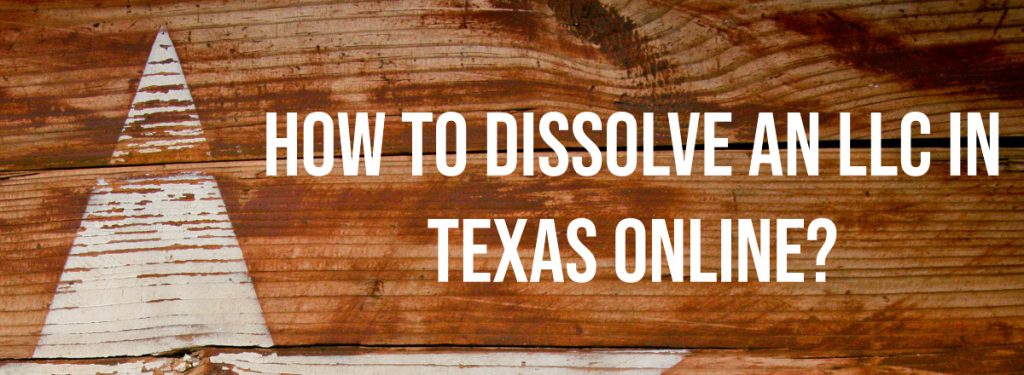Jeremy was the proud founder of a tourist guide business, a Wyoming-based LLC that offered guided hiking tours in the Rocky Mountains. After 5 years of growing the business, Jeremy decided it was time to close up shop and move on to new ventures.
In his haste to wrap things up, Jeremy failed to properly file dissolution paperwork with the Secretary of State. He also neglected to terminate the expensive commercial lease on his retail shop, which had several years left on the term. By not formally notifying the landlord, Jeremy remained personally liable for the remainder of the lease.
Six months after closing down operations, Jeremy was slapped with a lawsuit by the landlord seeking $75,000 for breaking the lease agreement. Because the LLC was never formally dissolved, the landlord was able to go after Jeremy personally. On top of the massive lease lawsuit, Jeremy also learned he was delinquent on two years worth of state taxes that were never filed for Adventure Treks.
With sizeable bills mounting against him, Jeremy’s personal assets were put at risk. His savings were drained entirely by legal fees and lease payments owed. The financial stress also took a toll on Jeremy’s mental health and personal relationships.
After settling the debts, Jeremy learned the hard way how important it is to correctly wrap up business affairs when closing an LLC. By not filing dissolution paperwork or meeting remaining obligations, he faced major legal and financial consequences. Jeremy wished he had taken the proper steps to terminate contracts, pay taxes, and notify the state before abandoning his Wyoming business.
Properly closing your LLC takes time and diligence upfront, but saves massive headaches down the road. Jeremy’s painful experience is a cautionary tale for all business owners looking to dissolve their companies. Don’t wind up with lingering liabilities that come back to haunt you!
Closing your Limited Liability Company (LLC) in Wyoming is an important decision that requires careful planning and execution. In this article, we’ll walk you through the steps to dissolve your Wyoming LLC and avoid future liabilities. The tone of this article is casual, so grab a cup of coffee and let’s get started!

Step 1: Follow Your LLC Operating Agreement
Your LLC’s operating agreement should outline the steps for dissolution. Common dissolution steps include obtaining member approval, recording meeting minutes, and determining the official date of dissolution.
Step 2: Close All Tax Accounts
Although Wyoming does not require a tax clearance certificate before dissolving an LLC, it’s crucial to ensure all business taxes are fulfilled to avoid fines or penalties.
Step 3: Notify Creditors and Settle Debts
Inform all creditors, suppliers, customers, and business partners about the impending dissolution of the LLC. Settle any outstanding debts to avoid legal complications or disputes in the future.
Step 4: Cancel Licenses and Permits
Cancel any licenses, permits, or registrations that the LLC may have acquired during its operation. This includes business licenses, permits for specific activities, and any professional licenses required in Wyoming.
Step 5: File Articles of Dissolution
To officially dissolve your Wyoming LLC, submit the completed Limited Liability Company Articles of Dissolution form to the Wyoming Secretary of State, along with a $60 filing fee. You can file these documents online, by mail, or in person.
Step 6: Distribute Remaining Assets
After dissolving your LLC, distribute any remaining assets among the stakeholders and members.
Step 7: Keep Records
Maintain records of the dissolution process, including meeting minutes, resolutions, and asset distribution. This documentation can help protect you from future liabilities and legal complications.
Step 8: Consider Professional Assistance
If you’re unsure about any aspect of the dissolution process, consider seeking professional assistance from an attorney or a business service provider like ClickDissolve.com.
By following these steps, you can successfully dissolve your Wyoming LLC and avoid future liabilities. Remember, it’s essential to comply with state regulations and fulfill all obligations to protect your reputation and avoid legal complications. Good luck with your next venture!



